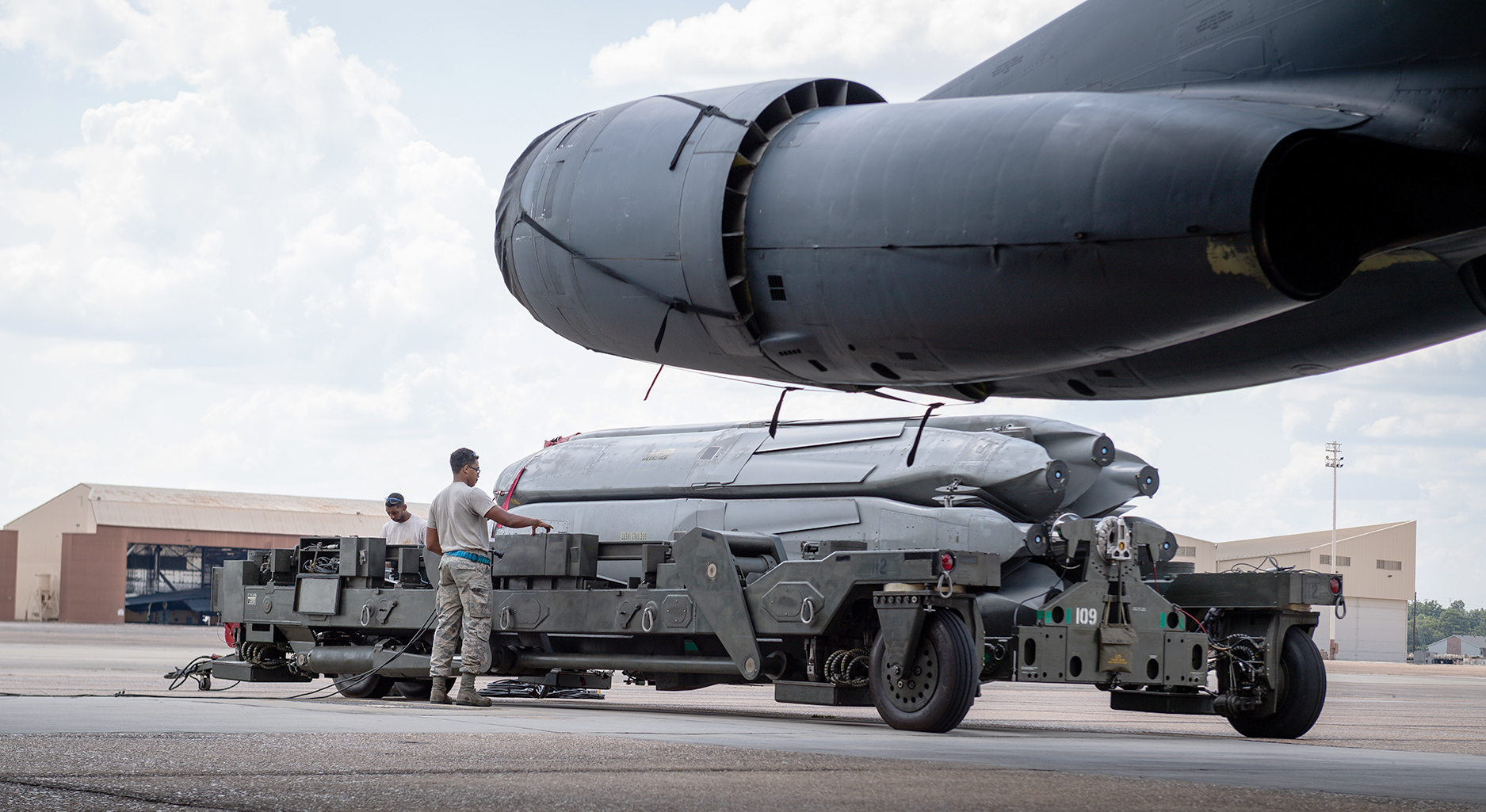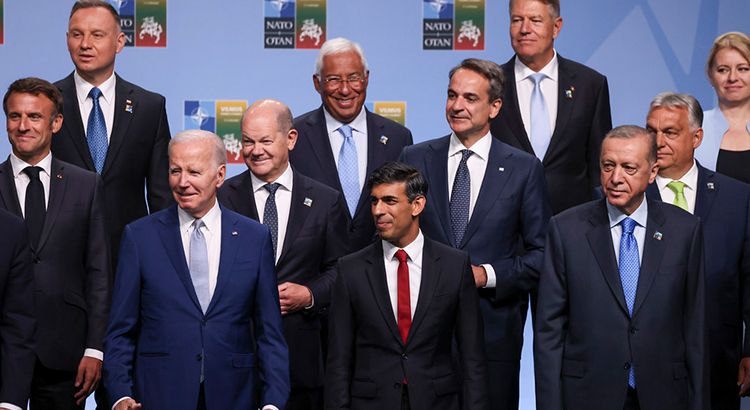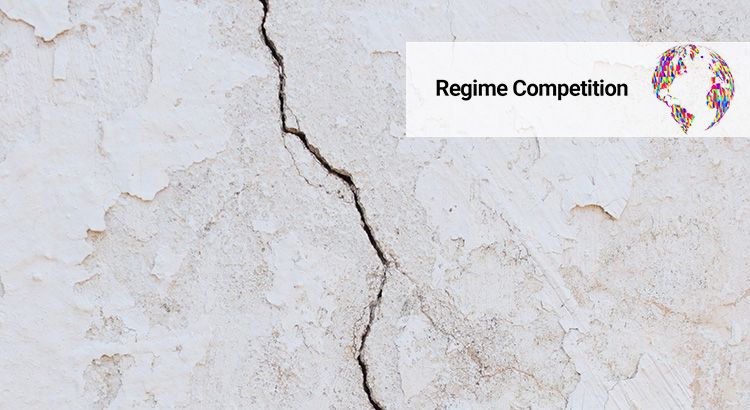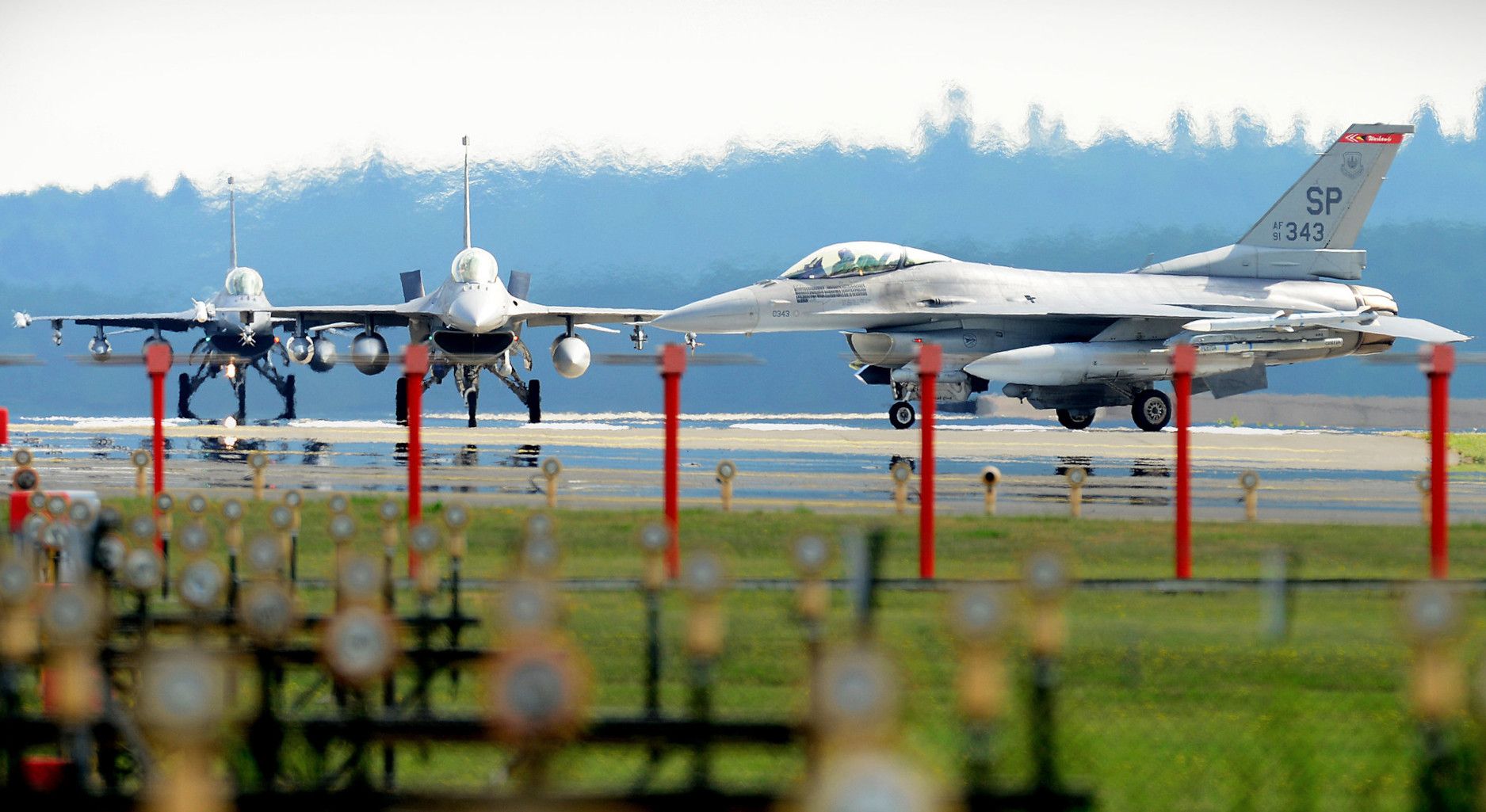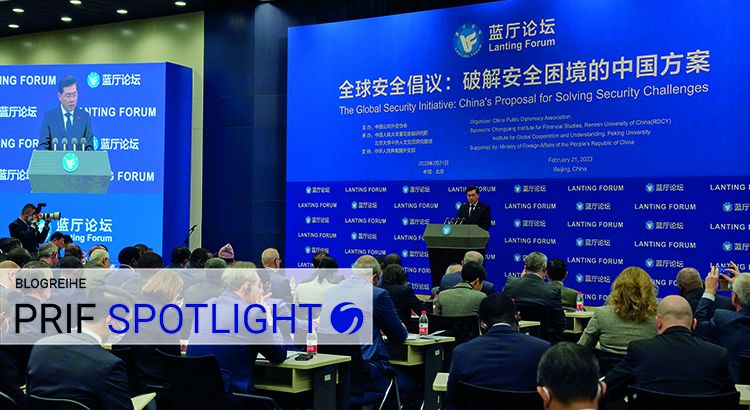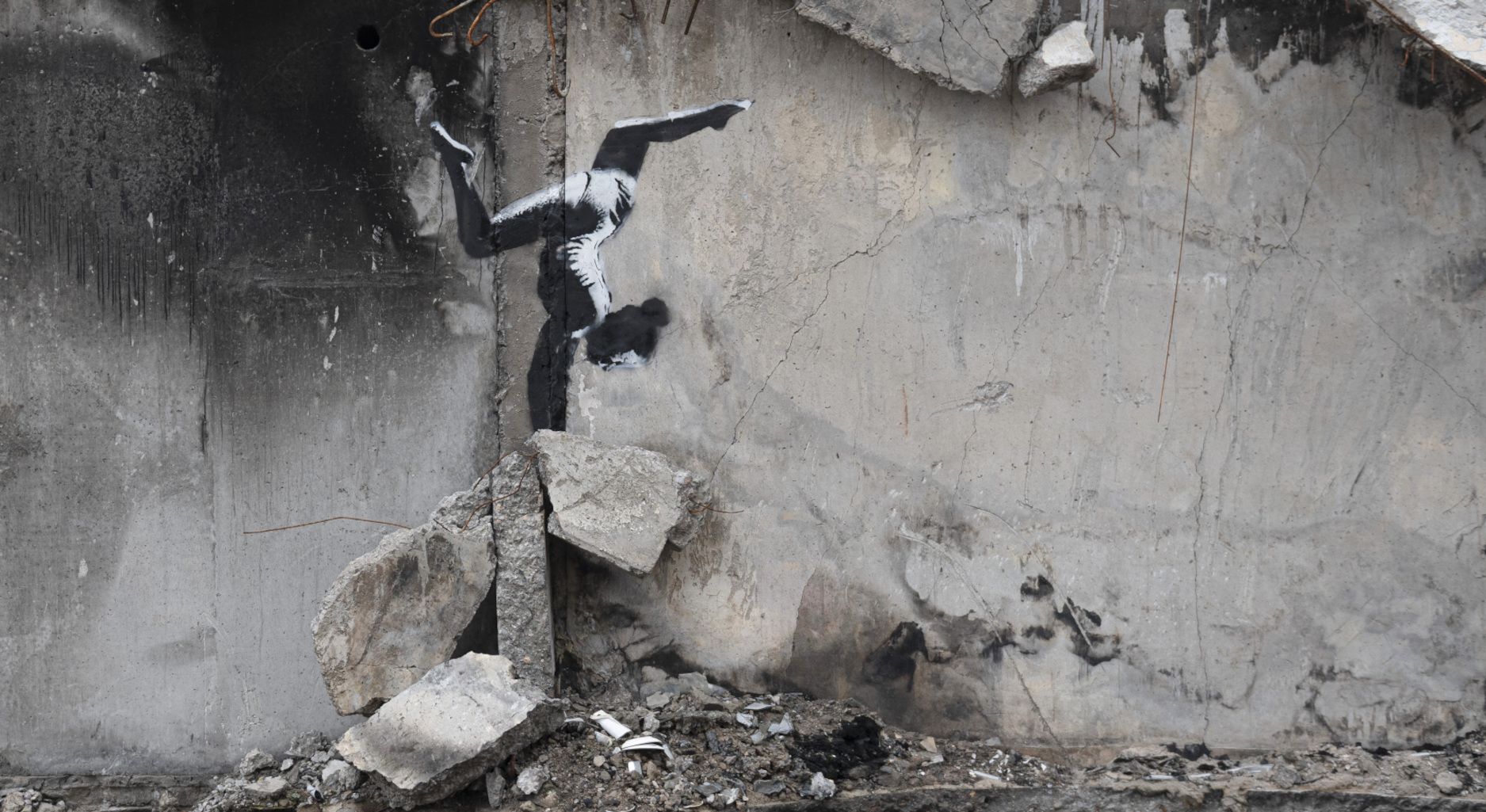Schlagwort: Sicherheit
US-amerikanische Nuklearwaffenpolitik nach der US-Wahl 2024: Das Ende der nuklearen Abrüstung?
Preparing for the Worst: A PRIF Blog Series on the US Elections in November
Das Raketenabwehrsystem Arrow 3: Eine fragliche Beschaffung
PRIF talk #007 // Das Friedensgutachten 2023
Seit 1987 veröffentlichen das Peace Research Institute Frankfurt (PRIF), das Bonn International Center for Conflict Studies (BICC), das Institut für Friedensforschung und Sicherheitspolitik an der Universität Hamburg (IFSH) und das Institut für Entwicklung und Frieden (INEF) der Universität Duisburg-Essen jährlich ein gemeinsames Gutachten, in dem internationale Konflikte analysiert und klare Handlungsempfehlungen für die Außen-, Sicherheits- und Entwicklungspolitik gegeben werden. In diesem Jahr steht das Friedensgutachten unter dem Titel „Noch lange kein Frieden“.
Welchen Beitrag die vier Forschungsinstitute mit dem Friedensgutachten leisten wollen, wie die Abläufe und die Zusammenarbeit zwischen den Instituten während des Entstehungsprozesses funktionieren, und ob der diesjährige Titel ein Ausdruck von Pessimismus ist, diskutieren wir mit Claudia Baumgart-Ochse. Sascha Hach gibt uns einen Einblick in die Thematik des Kapitel 3 „Rüstungsdynamiken“ des Friedensgutachtens und erörtert, was unter strategischer Stabilität zu verstehen ist, wie eine zeitgemäße Rüstungskontrollpolitik aussehen kann, und ob und inwiefern eine Kooperation mit Russland in diesem Bereich noch möglich ist.
Claudia Baumgart-Ochse leitet am PRIF den Programmbereich „Transnationale Politik“ und beschäftigt sich in ihrer Forschung u.a. mit der Rolle von Religion in Konflikten, der Politik Israels und dem Nahost-Konflikt. Seit 2017 ist sie die Redaktionsleiterin des Friedensgutachtens.
Sascha Hach ist wissenschaftlicher Mitarbeiter und Doktorand im Programmbereich „Internationale Sicherheit“ am PRIF. In seiner Forschung beschäftigt er sich mit Abrüstung und Rüstungskontrolle, Nuklearwaffen, Deutscher Außenpolitik sowie den Vereinten Nationen. Er ist Co-Autor des diesjährigen Kapitels zu Rüstungsdynamiken im Friedensgutachten.
*Shownotes*
- Website des Friedensgutachtens
- Herausgebende Institute des Friedensgutachtens:
- Friedensgutachten 2023: „Noch lange kein Frieden“
- Kapitel 3 des Friedensgutachtens 2023: „Rüstungsdynamiken“
- YouTube-Video: Vorstellung des Friedensgutachtens auf der Bundespressekonferenz

